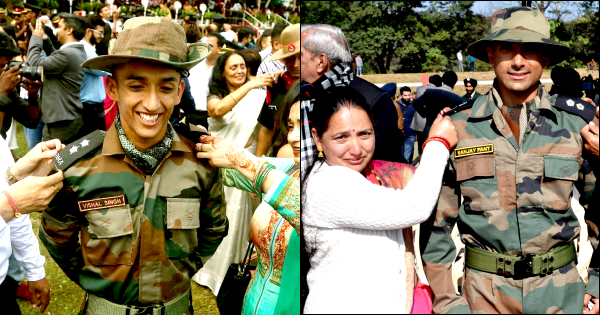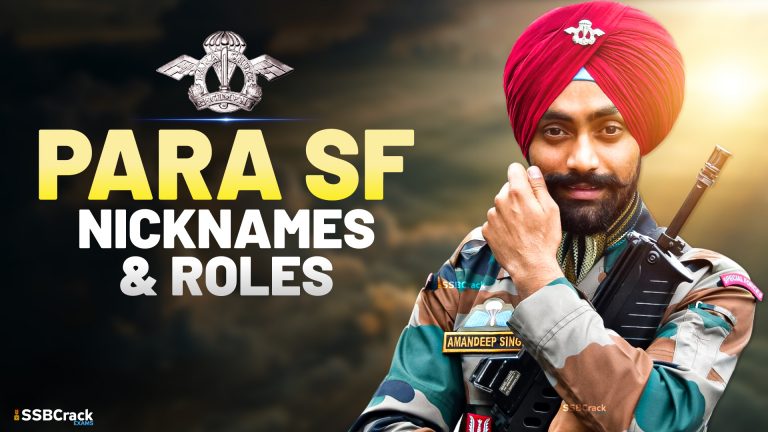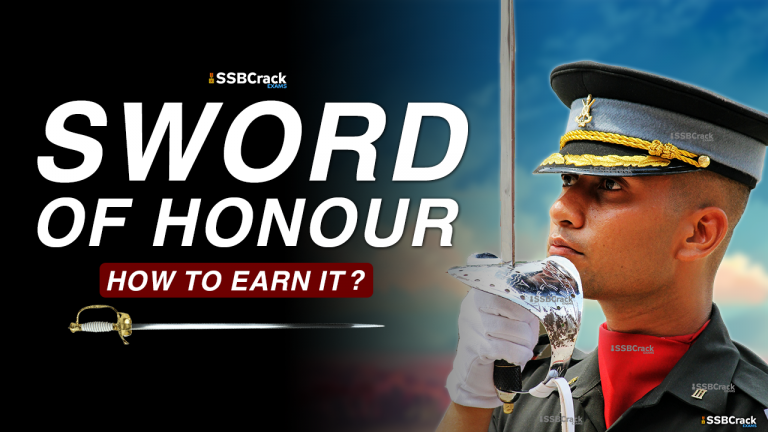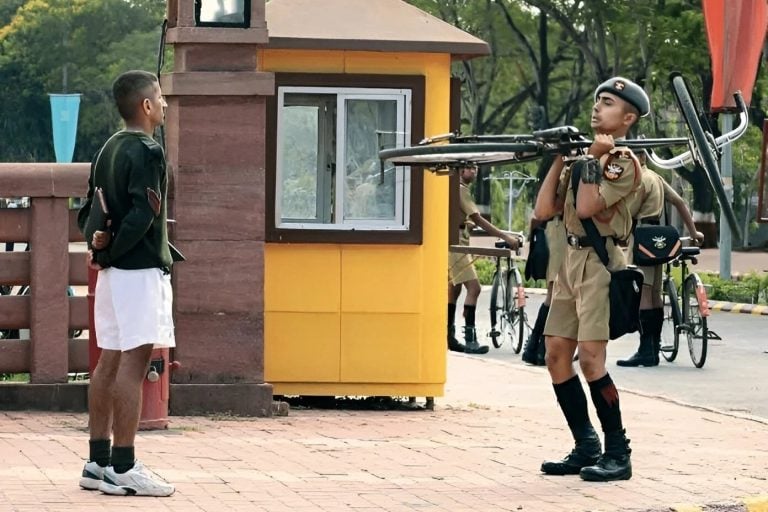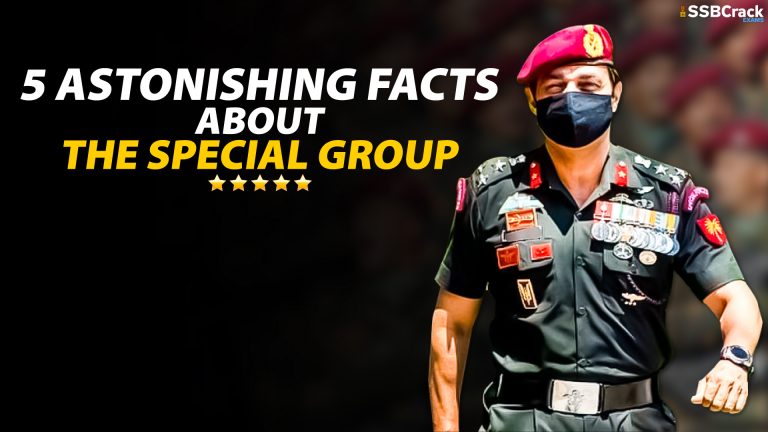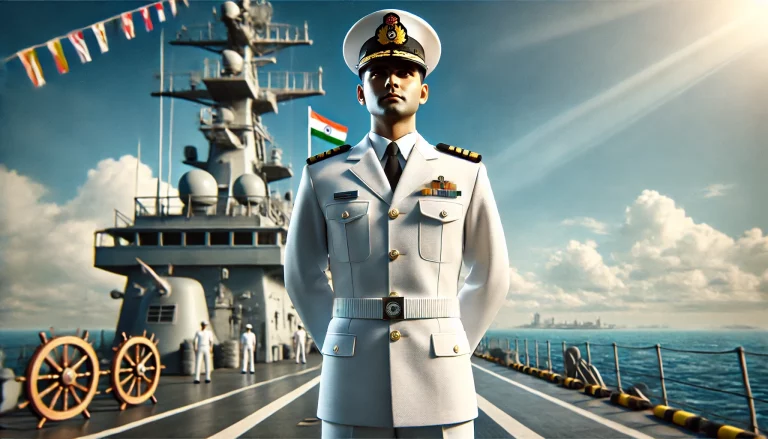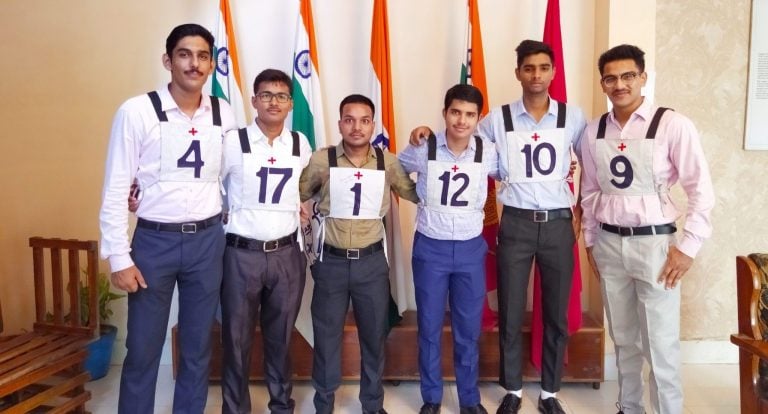Dehradun’s Indian Military Academy and Chennai’s Officers Training Academy is a premier military institute, training the Indian army’s future leadership. Every year young, idealistic men pass out of this cradle of military leadership, sporting crisp olive green dress uniforms. Amidst the olive greens are a group of Gentleman Cadets wearing a distinguished camouflage uniform, this distinction has often piqued the curiosity of several observers. So why are some candidates wearing camouflage in formal, uniform function? The answer is fairly simple. These newly commissioned officers have decided they want to be a notch above the rest, how? Because they have opted for the Elite Parachute Regiment!
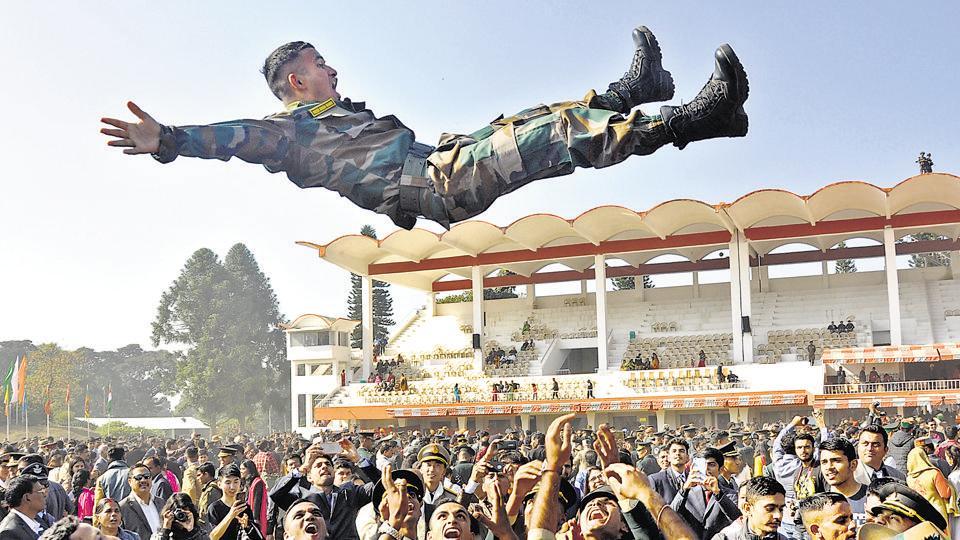
What Is So Significant About The Parachute Regiment?

The PARAs are airborne troopers of the Indian Army’s elite Parachute Regiment. They are designed to conduct a range of specialised commando operations behind enemy lines. These highly trained soldiers are often sent to carry out operations, beyond the purview of the regular army. This elite airborne force is subdivided into two distinct groups. The Paratroopers (Airborne) and the PARA Special Forces. The Special forces personnel are the sharper end of the stick, comprising of about 2,500 ‘special operators’ from the 7,500 strong specialised Parachute regiment.
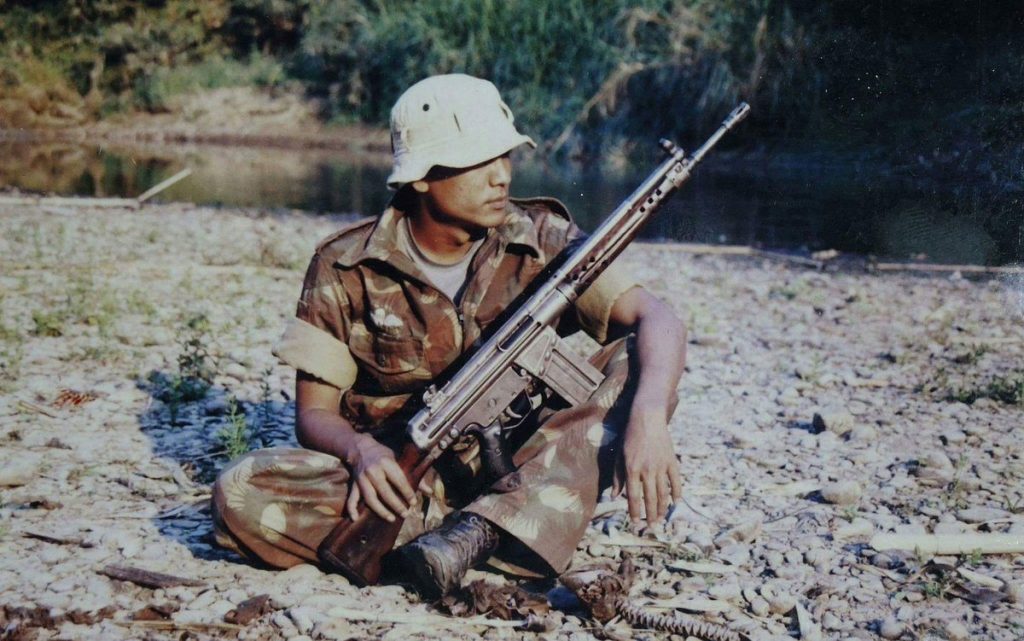
Every Commando Has Volunteered
All operators from the Special Forces detachments, start out their PARA journey as volunteers, seeking an opportunity to serve in the Parachute Regiment as Paratroopers. Following a brutal probation cycle, only a few make it into the regiment as Paratroopers. These men may then continue to serve in the regular airborne battalions, or opt for further selection into the SF detachments.
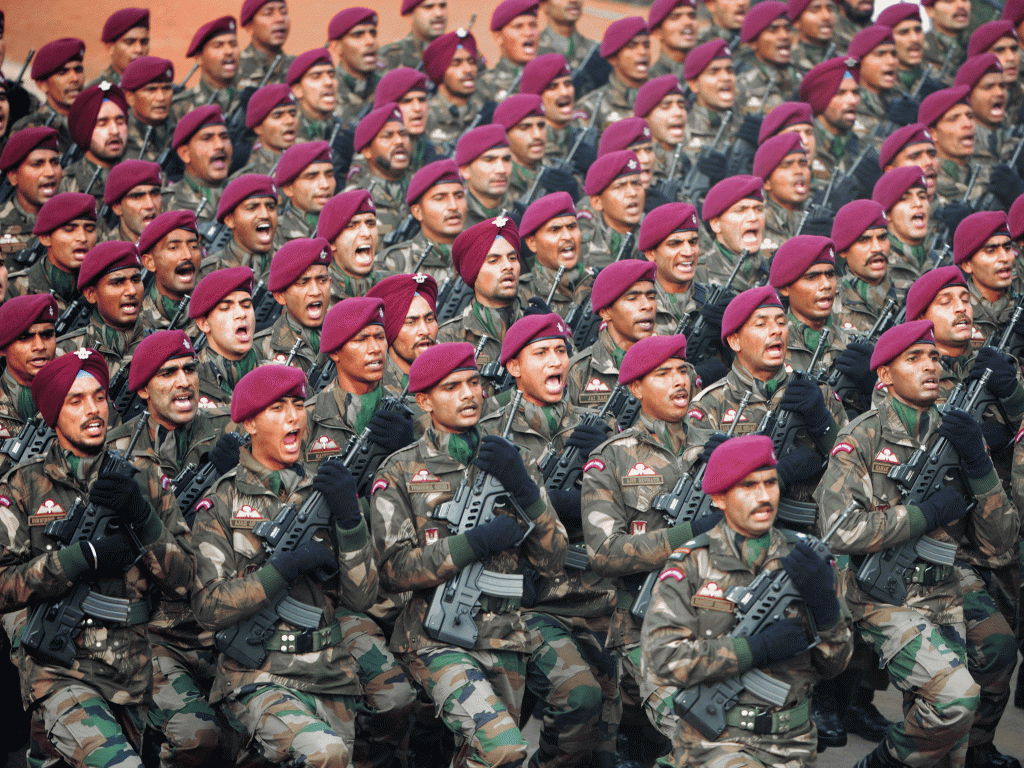
These young officers passing out of the IMA, have opted to be a part of the airborne fraternity. However, for these young men sporting a field dress is not enough; it is an uphill battle from here. These men are not yet Paratroopers, and they have yet to prove their mettle.
Ninety Days Of Sheer Hell!
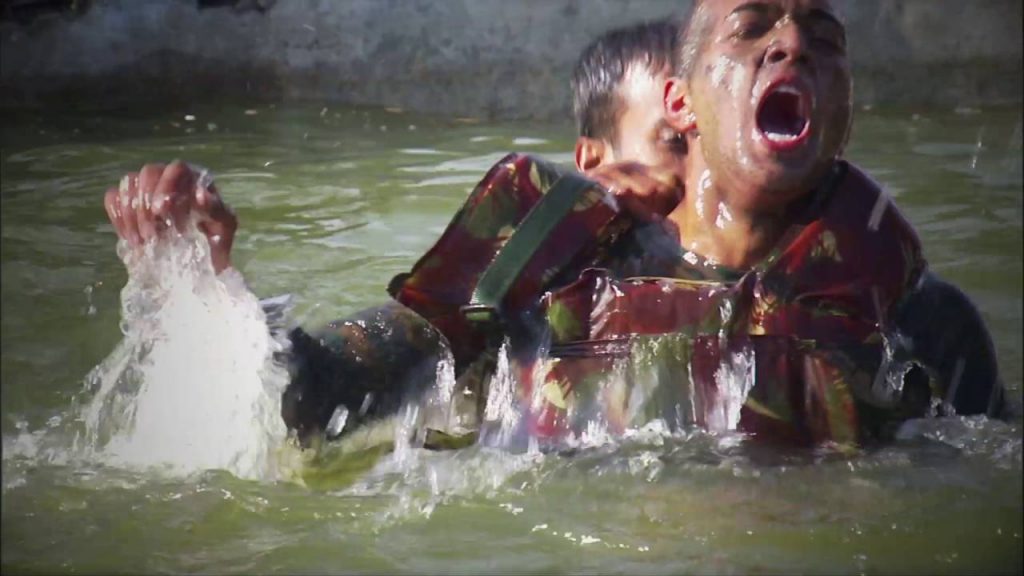
All Paratroopers as aforementioned are volunteer soldiers, required to clear a ninety-day probation cycle. The traumatising selection procedure is designed to weed out the weak, selecting only those who are motivated to face the rigours of being a ‘solider’s soldier.’ Simply put, they are a cut above the rest.
“We are pushed till we break. that’s the aim!”
says a Special Forces officer from the elite 9 PARA, recollecting his probation.
No Distinctions, No Sleep, No Food and Absolute Hell!
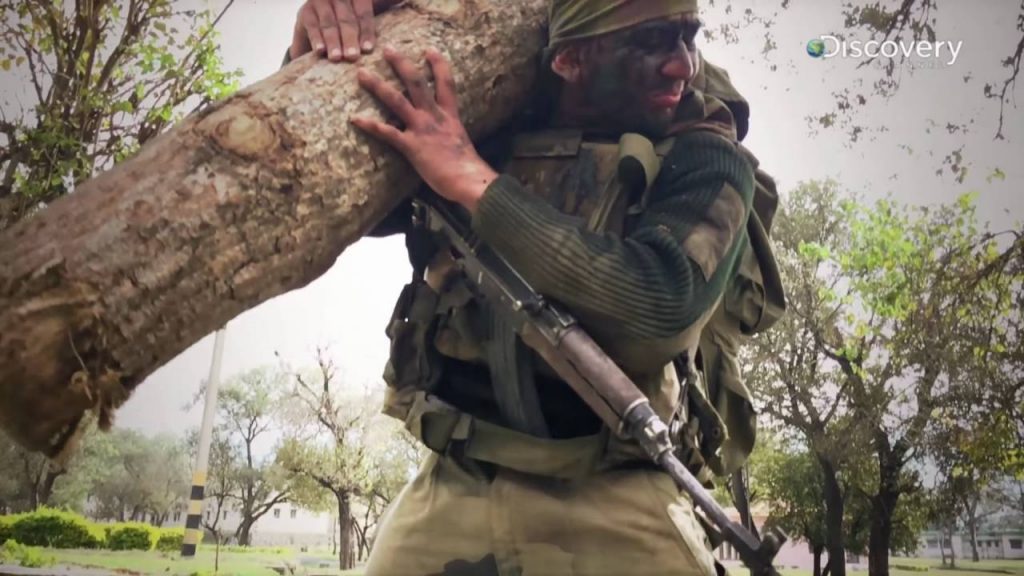
Paratroopers live under the constant shadow of death. They operate in some of the most austere conditions know man. Many soldiers from this elite club do not make it above the age of 35, its a brutal life.
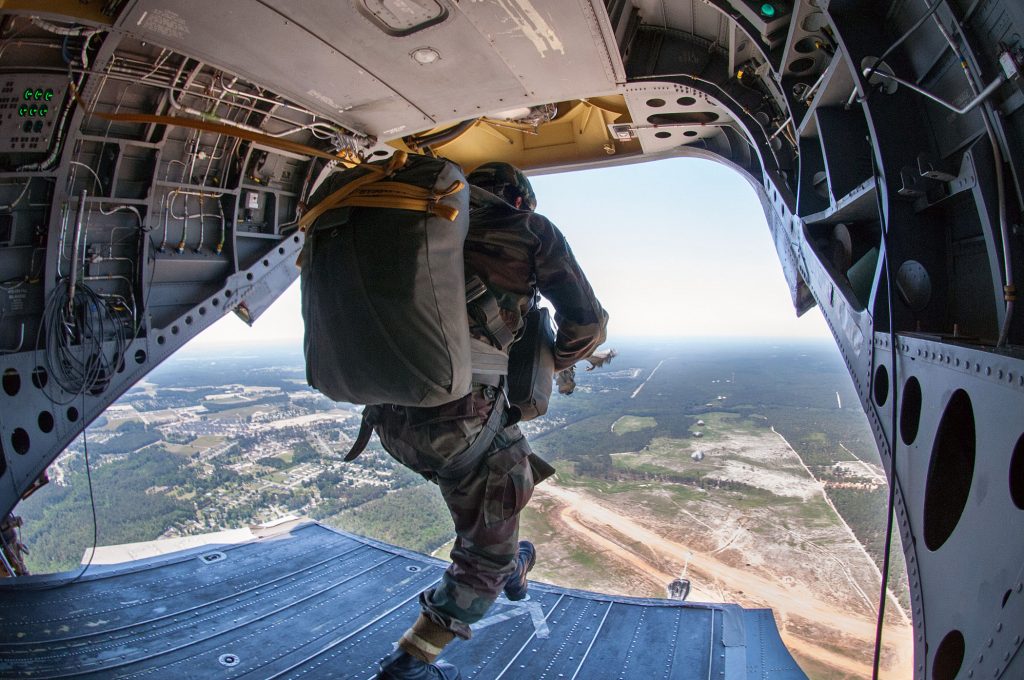
There are no distinctions made between the men and the officers; here they are all referred to as ‘probies.’ the selection is an excellent equaliser. The probies are put through a series of near non-stop physical and mentally draining activities with little to no sleep, for days.
“I went through no sleep for eleven days, After the fourth or fifth day, I would nod off anywhere, standing, sitting, while talking…and someone would prod me to keep me awake. Was I cold? Was I tired? Did I hurt? Was I wet? I don’t remember” says the elite commando.
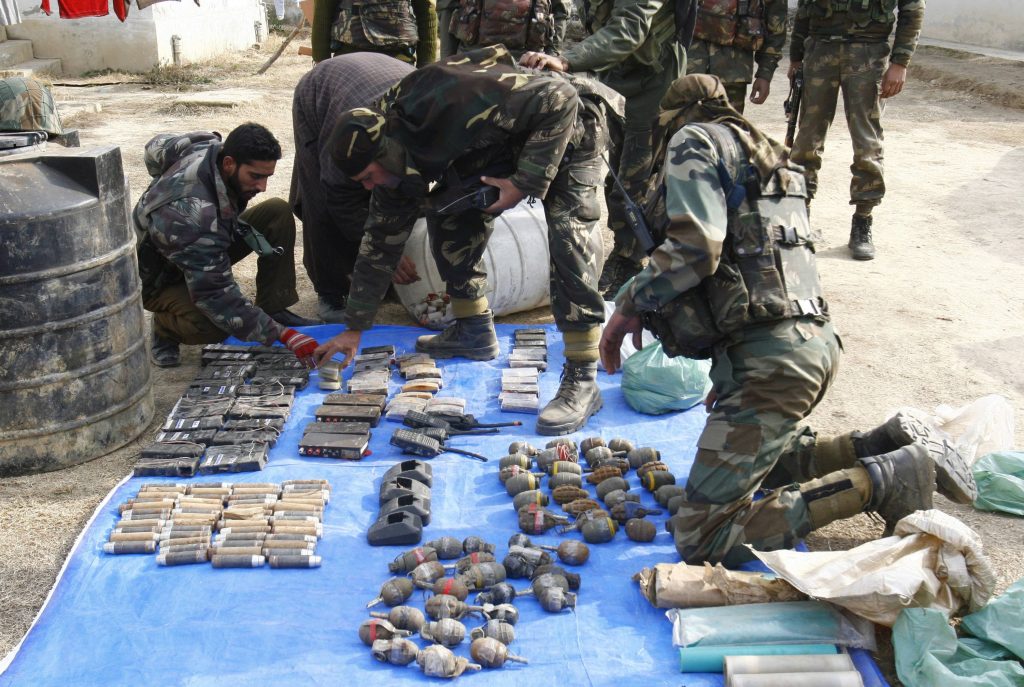
Probationers are made to run inhuman distances carrying insane loads. Remain situationally aware, learn new languages and other specialised tactical skills, all on minimal food and sleep. The cycle takes a toll on the soldiers who volunteer, with many of them refusing to continue. The attrition rate of an average probation cycle is anywhere between 85 to 90%. This is the washout rate after screening in some of the most dedicated soldiers of the Indian army.
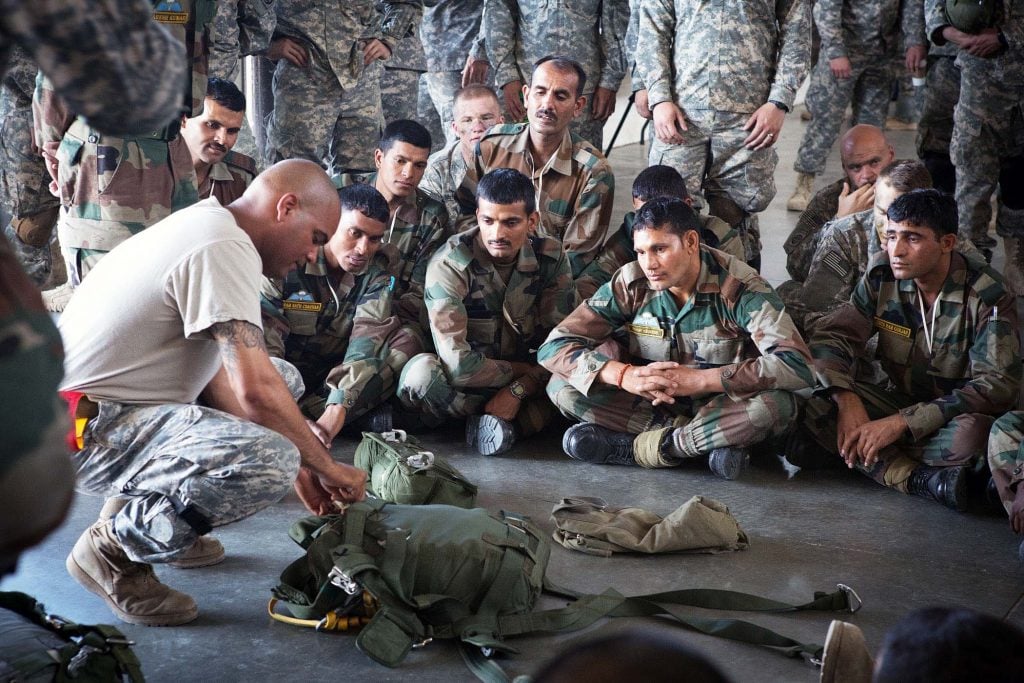
The final leg of certain selections cycles requires probationers to complete a long-distance event. With certain Special force cycles, such as the one documented by Discovery requiring the probie’s to complete a 100-kilometre endurance runs with full battle load (40-50 Kg), under 13 hours.
They Want You To Quit!
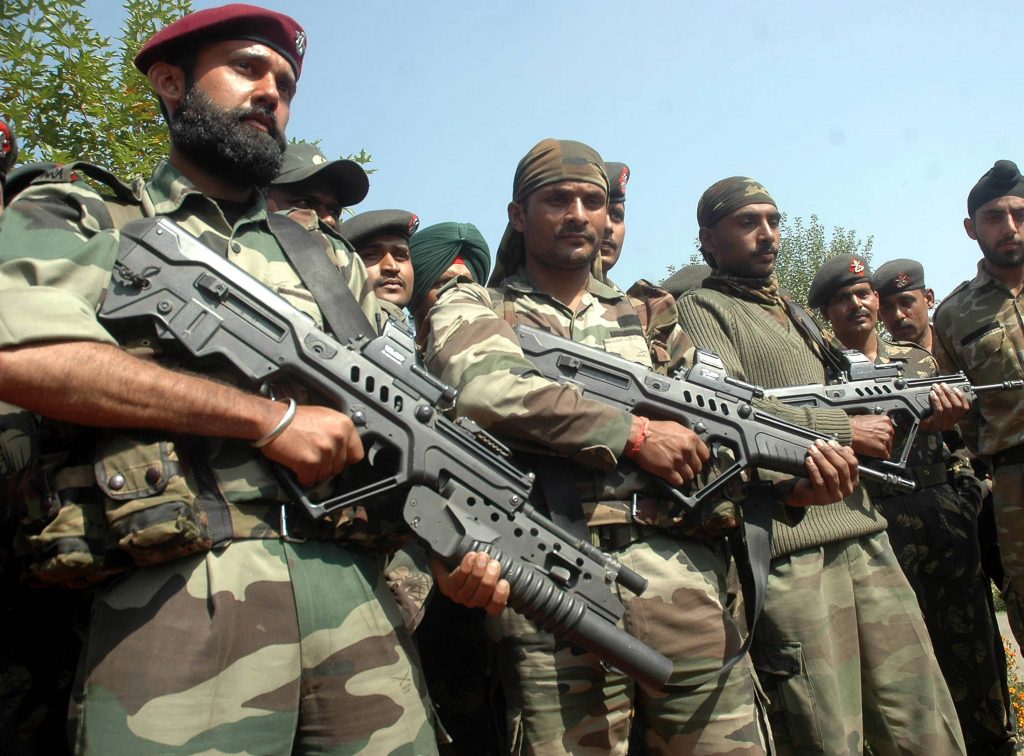
The instructors here have an excellent eye for talent and are notorious for prompting volunteers to quit when they are at their most vulnerable. The assessors put out PARA non-volunteer form in front of nearly broken recruits and urge them to sign it, telling them that the “pain will be over.” Many volunteers who have reached past their human threshold, do just that! Tough men break, in mind body and spirit, for just a moment of instant gratification. While this practice may seem cruel it is required. The Parachute regiment requires the absolute best. These airborne warriors will be tasked to handle some of the countries most sensitive operations, often behind enemy lines with minimal to no, communication or support. If caught a Para operator will be left to the mercy of the enemy. Given the sensitive nature, a lapse in a selectors judgment may have dire consequences for both the soldier and the country he is fighting for.
Balidaan And It’s Mortal Cost
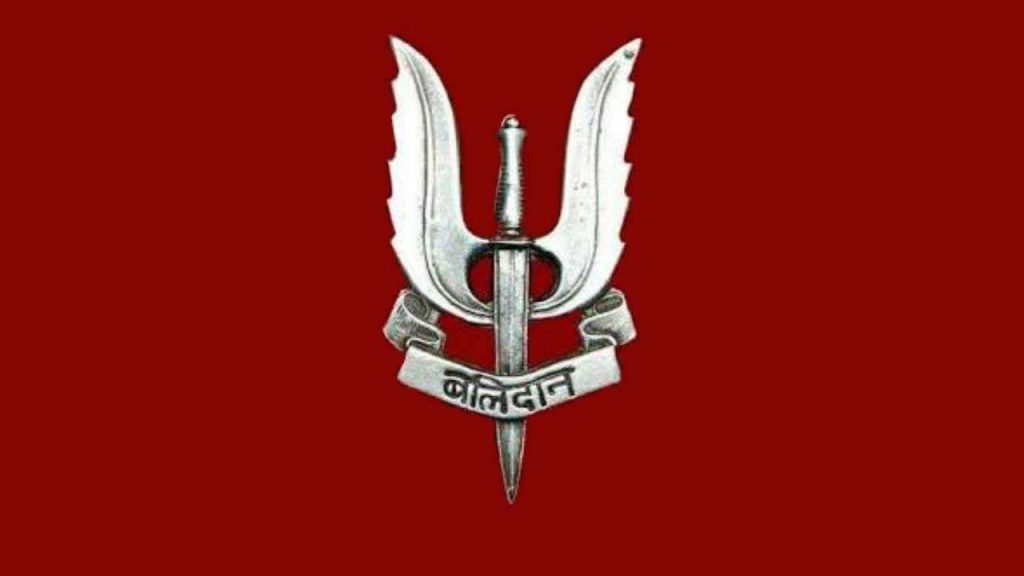
Those who clear their ninety-day probation are permanently absorbed into their respective PARA battalions. From there many go on further for special forces selection. Upon probation the airborne soldiers are formally christened into the elite army unit by being conferred the iconic Maroon beret. The commandos then, in pure regimental tradition, proceed to consume their drink from their newly earned berets! Following the celebrations, a commando’s fate is sealed. Life soon revolves around the virtues of ‘Naam, Namak and Nishaan’. These men will certainly see combat while some of the country’s most clandestine missions.
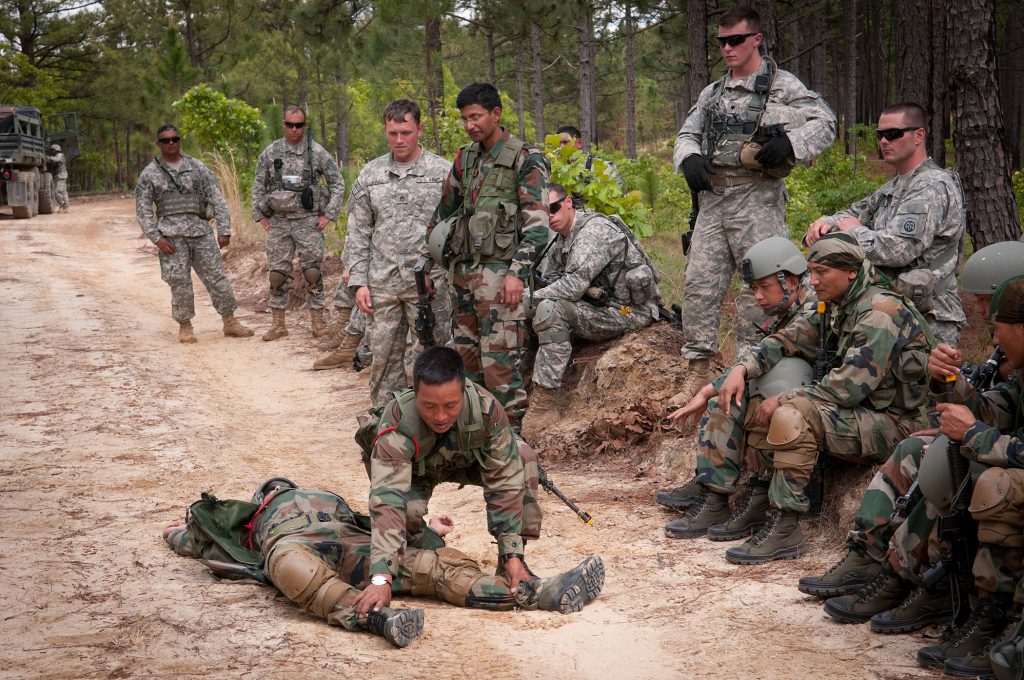
So What’s In Store For These Young GC’s
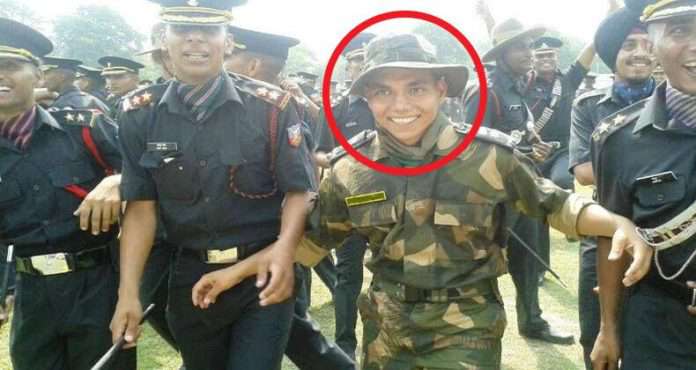
These newly commissioned officers have opted for the toughest ninety days of their life. The road ahead will be nothing like the rigorous training they have gotten accustomed too. these bright young men are in a world of hurt and uncertainty. Many of them will unfortunately not clear the probation and be absorbed into regular army units.
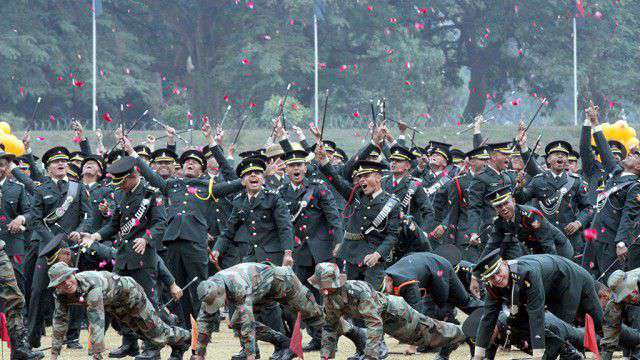
For the young lads who clear the brutal selection cycle, life will have a new flavour in store for them. These men have signed up knowing that their life and limb are on the line and the fact that their actions will remain unacknowledged. These men, however, did not volunteer to hope for a claim to fame. PARA operators are quiet professionals who do not need to speak of their deeds, one look at their uniform speaks volumes about who they are, and what they are capable of.
